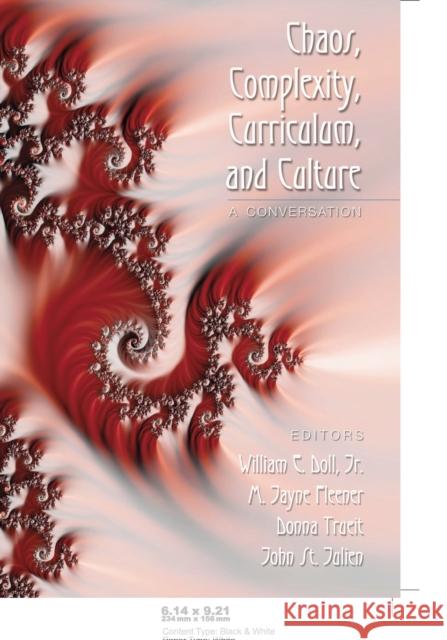Chaos, Complexity, Curriculum, and Culture: A Conversation » książka
topmenu
Chaos, Complexity, Curriculum, and Culture: A Conversation
ISBN-13: 9780820467801 / Angielski / Miękka / 2006 / 329 str.
Kategorie:
Kategorie BISAC:
Wydawca:
Peter Lang Publishing Inc
Język:
Angielski
ISBN-13:
9780820467801
Rok wydania:
2006
Wydanie:
Revised
Numer serii:
000261001
Ilość stron:
329
Waga:
0.59 kg
Wymiary:
25.4 x 17.78 x 1.83
Oprawa:
Miękka
Wolumenów:
01
Dodatkowe informacje:
Bibliografia











